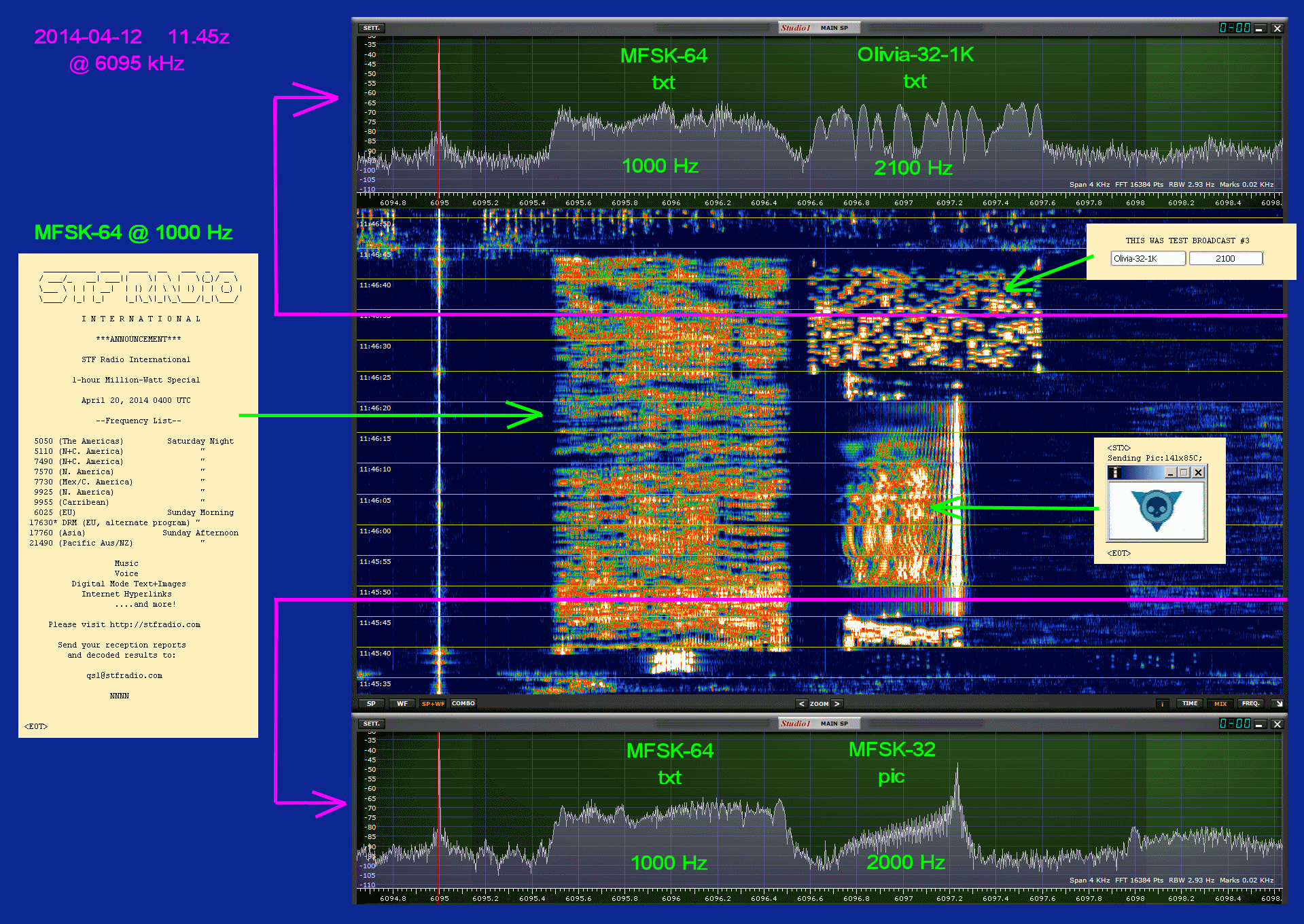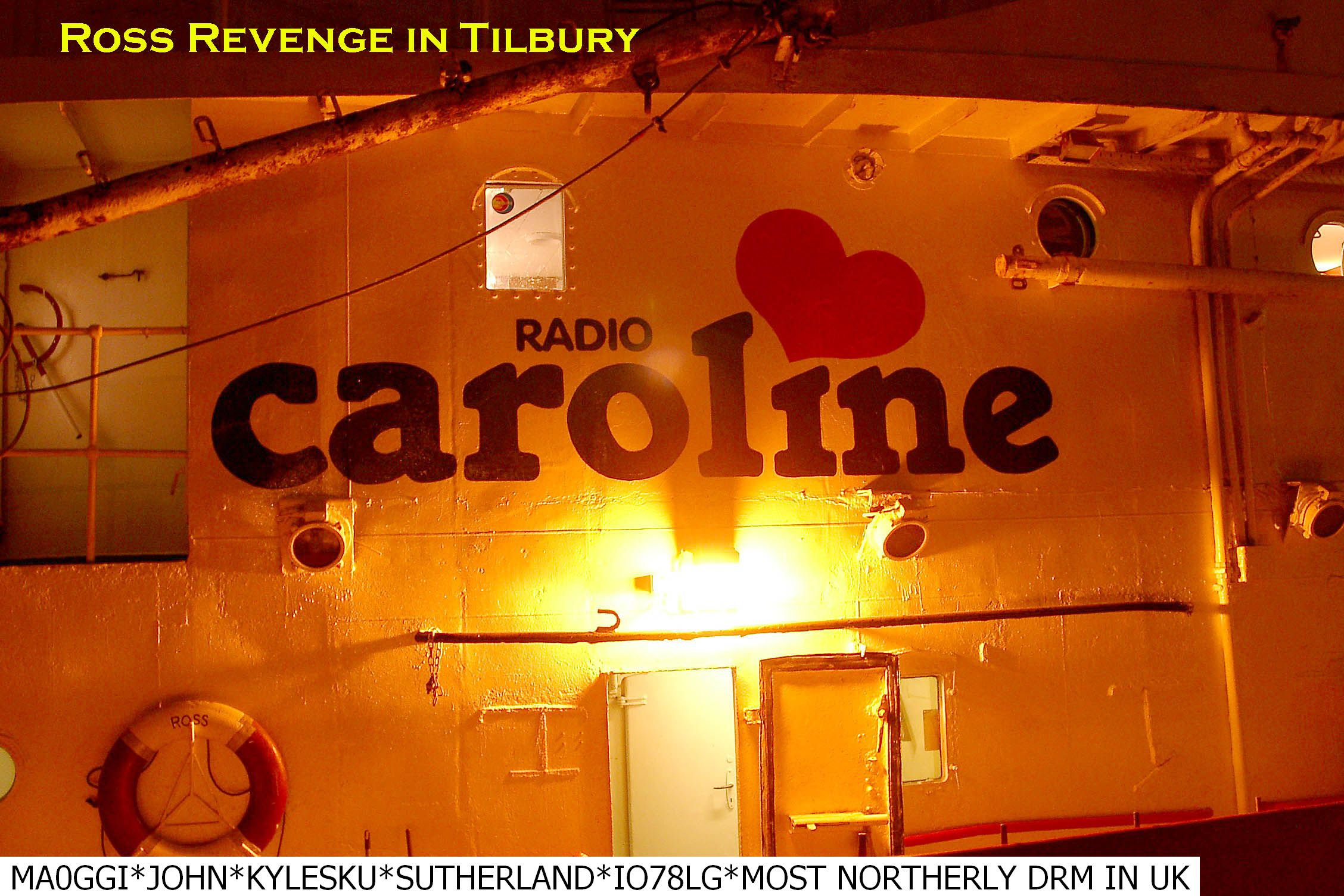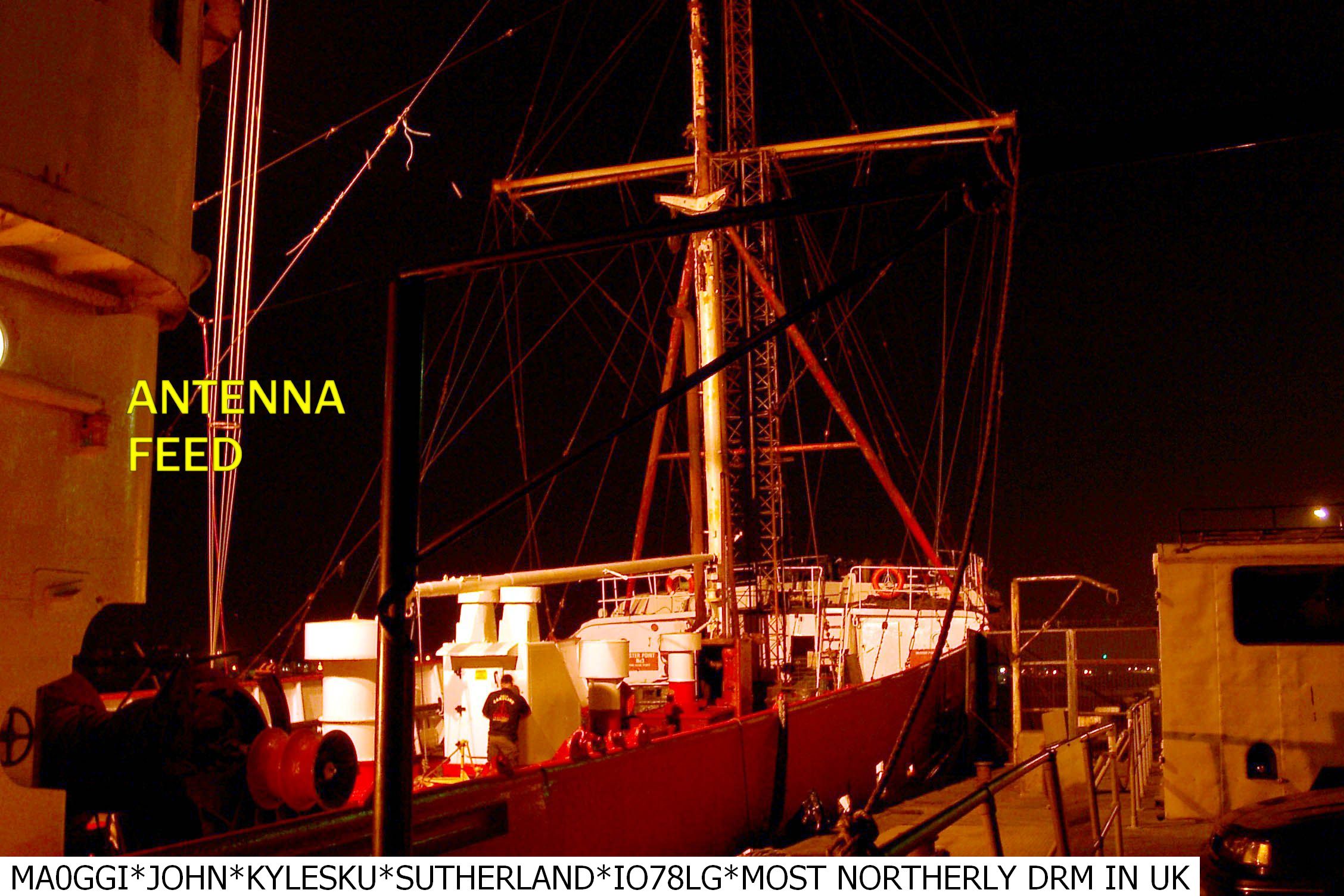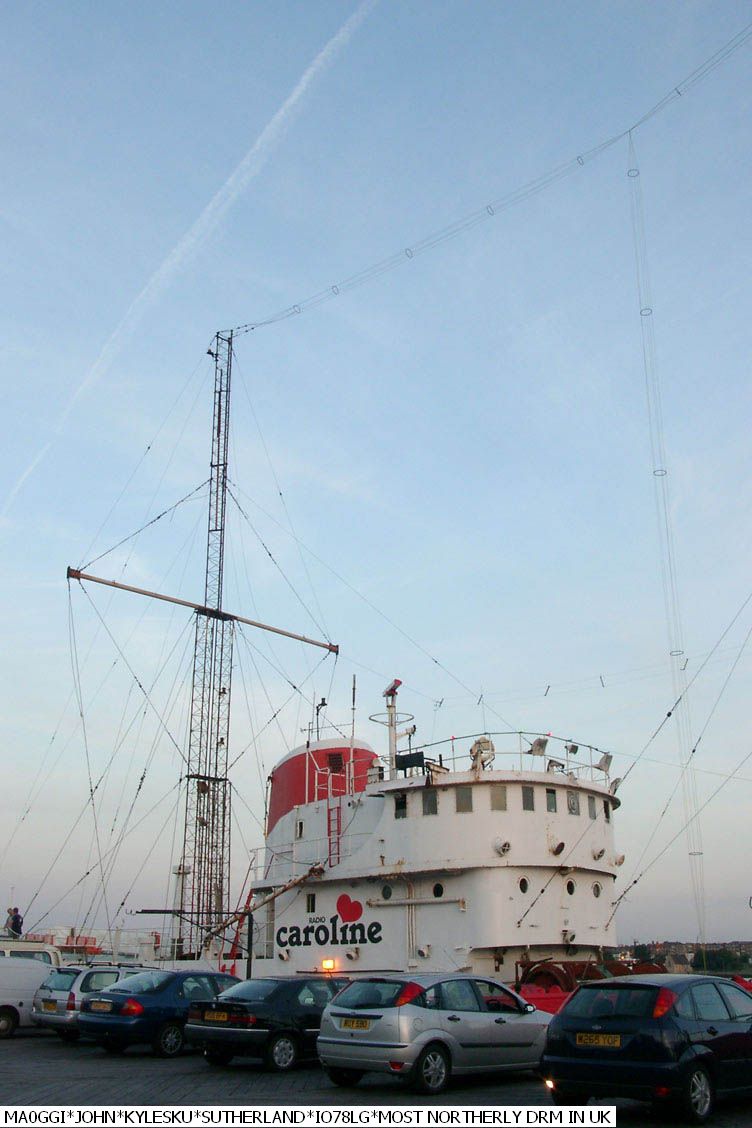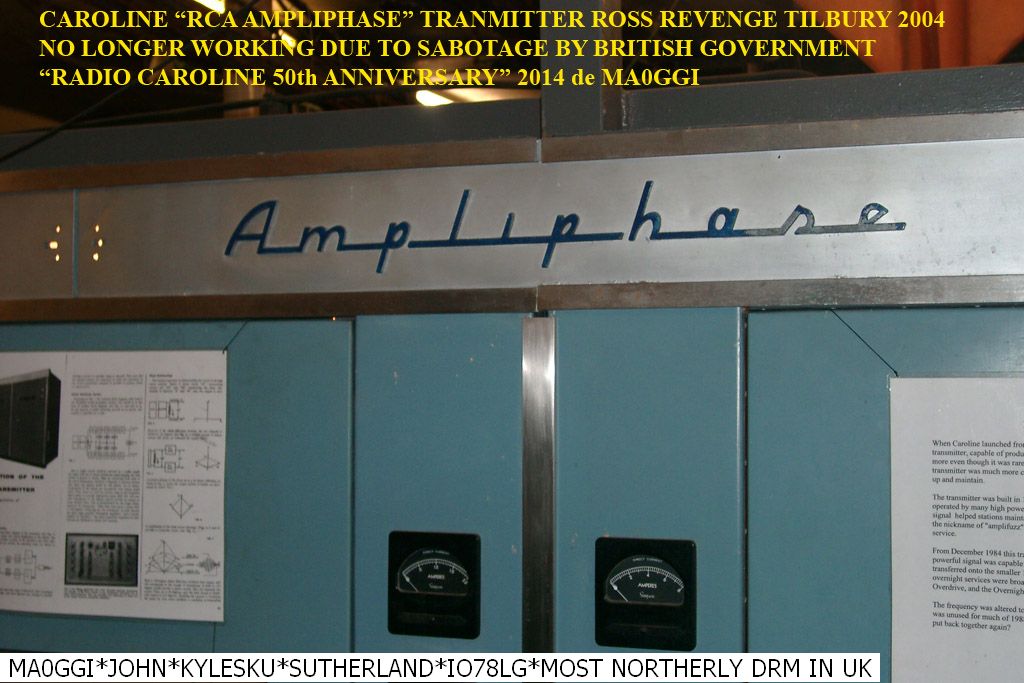███████╗████████╗███████╗ ██████╗ █████╗ ██████╗ ██╗ ██████╗ ██████╗ ██████╗ █████╗ ███╗ ███╗
██╔════╝╚══██╔══╝██╔════╝ ██╔══██╗██╔══██╗██╔══██╗██║██╔═══██╗██╔════╝ ██╔══██╗██╔══██╗████╗ ████║
███████╗ ██║ █████╗ ██████╔╝███████║██║ ██║██║██║ ██║██║ ███╗██████╔╝███████║██╔████╔██║
╚════██║ ██║ ██╔══╝ ██╔══██╗██╔══██║██║ ██║██║██║ ██║██║ ██║██╔══██╗██╔══██║██║╚██╔╝██║
███████║ ██║ ██║ ██║ ██║██║ ██║██████╔╝██║╚██████╔╝╚██████╔╝██║ ██║██║ ██║██║ ╚═╝ ██║
╚══════╝ ╚═╝ ╚═╝ ╚═╝ ╚═╝╚═╝ ╚═╝╚═════╝ ╚═╝ ╚═════╝ ╚═════╝ ╚═╝ ╚═╝╚═╝ ╚═╝╚═╝ ╚═╝
████████╗███████╗███████╗████████╗ ██████╗ ██████╗ ██████╗ █████╗ ██████╗ ██████╗ █████╗ ███████╗████████╗ ██╗ ██╗ ██████╗
╚══██╔══╝██╔════╝██╔════╝╚══██╔══╝ ██╔══██╗██╔══██╗██╔═══██╗██╔══██╗██╔══██╗██╔════╝██╔══██╗██╔════╝╚══██╔══╝ ████████╗╚════██╗
██║ █████╗ ███████╗ ██║ ██████╔╝██████╔╝██║ ██║███████║██║ ██║██║ ███████║███████╗ ██║ ╚██╔═██╔╝ █████╔╝
██║ ██╔══╝ ╚════██║ ██║ ██╔══██╗██╔══██╗██║ ██║██╔══██║██║ ██║██║ ██╔══██║╚════██║ ██║ ████████╗ ╚═══██╗
██║ ███████╗███████║ ██║ ██████╔╝██║ ██║╚██████╔╝██║ ██║██████╔╝╚██████╗██║ ██║███████║ ██║ ╚██╔═██╔╝██████╔╝
╚═╝ ╚══════╝╚══════╝ ╚═╝ ╚═════╝ ╚═╝ ╚═╝ ╚═════╝ ╚═╝ ╚═╝╚═════╝ ╚═════╝╚═╝ ╚═╝╚══════╝ ╚═╝ ╚═╝ ╚═╝ ╚═════╝
|
|
RSID: <<2014-04-12T16:03Z
MFSK-8 @ 17860000+2300>> |
|
|
<STX>
This is VOA Radiogram from the Voice of America
Email: radiogram@voanews.com
Website: voaradiogram.net
Schedule (days/times UTC)
Sat 0930-1000 5745 kHz
Sat 1600-1630 17860 kHz
Sun 0230-0300 5745 kHz
Sun 1930-2000 15670 kHz
<EOT>
|
|
RSID: <<2014-04-12T16:05Z
MFSK-32 @
17860000+1500>> |
MFSK-8 @ 17860000+2300>> |
|
<STX>
VOA NEWS
Distrust the Internet? You're Not Alone
Doug Bernard
April 08, 2014
A new global public opinion survey suggests that just over half
of people polled across the world believe that the Internet is
not a safe place to express their individual opinions.
The poll, conducted by the firm GlobeScan for the BBC World
Service, spanned 17,000 individuals in 17 nations on every
continent, among them Peru, Nigeria, China, and the United
States.
The survey contained several results that may seem surprising or
even contradictory, pollsters say.
For example, while 52 percent disagreed with the statement "the
Internet is a safe place to express my opinions," 67 percent
agreed that "the Internet gives me greater freedom."
Among nations where survey respondents were most distrustful of
the Internet were Canada and the U.S. (both 65 percent), France
(76 percent and South Korea (72 percent) - all nations that have
relatively wide and unfiltered Internet access.
"The country distribution where views today are most negative has
us conclude that the widely-covered Snowden allegations of online
U.S, government surveillance has affected the perceived safety of
the Internet," GlobeScan chairman Doug Miller said in an
interview with VOA.
GlobeScan has been conducting the survey for the past seven
years. It asks for respondent opinions on seven general areas of
freedom, including public speech, religious practice, freedom to
marry and government surveillance.
In his executive summary, Miller wrote that some of the trends -
notably on measure of distrust of the media - are headed in a
troubling direction.
"The finding that majorities of Americans and Germans do not feel
free from government surveillance (well ahead of any of the other
17 nationalities) is particularly stark, and again suggests that
the Snowden allegations have had a strong influence on the
Internet-related findings of the poll," Miller said.
"The fact that some of those same countries express fairly
positive views of the Internet contributing to their freedom is
not inconsistent in that there are social freedoms (via social
networks) and economic freedoms (via online shopping) that the
Internet provides people," he said.
One of the more surprising results was that nations like Canada,
U.S., France and South Korea rated poorly on the Internet being a
safe place to express opinions.
Also surprising was that 76 percent - the highest rate of any
nation - of Chinese responders felt they were free from any
government surveillance or monitoring.
Notably troubling for Miller was the seven-year slide in overall
perceptions of freedoms of the press and media.
"The drop of a third (from 59 to 40 percent) over seven years in
the percentage believing they have a free and unbiased national
media is indeed cause for concern," he said.
"But the question wording is important here; it's not only asking
about a free press, as in lack of government interference, it is
asking about an unbiased press as well," Miller said.
"Given the increasingly polarized media in many of the countries,
it may well be this aspect that today leads people to rate the
media poorly," he added.
Overall, Miller said that although people still remain
distrustful of the Internet in some measures, it also continues
to be seen as a "positive force" for freedom in the 17 nations
polled.
But the pollster warns that opinions do change, and the Internet
could also become something seen as limiting, rather than
expanding freedom.
"It is the Internet's role in fostering and renewing democracy
that is perhaps in jeopardy if people continue to believe it is
an unsafe place to express their views, either because of
government surveillance or cyber bullying by those with other
views," Miller said.
"Both media and Internet organizations should be very concerned
with the poll's findings," he said.
http://www.voanews.com/content/distrust-the-internet-youre-not-alone/1886395.html
See also:
http://globescan.com/news-and-analysis/press-releases/press-releases-2014/307-one-in-two-say-internet-unsafe-place-for-expressing-views-global-poll.html
<EOT>
|
<STX>
This is VOA Radiogram from the Voice of America
Email: radiogram@voanews.com
Website: voaradiogram.net
Schedule (days/times UTC)
Sat 0930-1000 5745 kHz
Sat 1600-1630 17860 kHz
Sun 0230-0300 5745 kHz
Sun 1930-2000 15670 kHz
<EOT>
until the
end
of the DATACAST constant
repetition of the contact
information
@2300 Hz
as a
loop
roger
<STX>
This is VOA Radiogram from the Voice of America
Email: radiogram@voanews.com
Website: voaradiogram.net
Schedule (days/times UTC)
Sat 0930-1000 5745 kHz
Sat 1600-1630 17860 kHz
Sun 0230-0300 5745 kHz
Sun 1930-2000 15670 kHz
<EOT> <STX>
This is VOA Radiogram from the Voice of America
Email: radiogram@voanews.com
Website: voaradiogram.net
Schedule (days/times UTC)
Sat 0930-1000 5745 kHz
Sat 1600-1630 17860 kHz
Sun 0230-0300 5745 kHz
Sun 1930-2000 15670 kHz
<EOT> <STX>
This is VOA Radiogram from the Voice of America
Email: radiogram@voanews.com
Website: voaradiogram.net
Schedule (days/times UTC)
Sat 0930-1000 5745 kHz
Sat 1600-1630 17860 kHz
Sun 0230-0300 5745 kHz
Sun 1930-2000 15670 kHz
<EOT> |
|
<STX>
MFSK32 image follows: GlobeScan and BBC World Service logos...
<EOT>
<STX>
Sending Pic:359x89C;

<EOT> |
|
|
<STX>
This is VOA Radiogram from the Voice of America
VOA NEWS
Intel Leads With Conflict-Free Chips
George Putic
April 08, 2014
Manufacture of modern electronic components, such as computers
and smart phones, requires rare minerals found in some of the
world's worst conflict areas. Earlier this year, a major U.S.
computer chip maker, Intel Corporation, announced that it has
stopped buying minerals from the conflict zones and that its
products are now "conflict free."
Gold, tantalum, tin and tungsten are often called 'conflict
minerals' because they come from regions plagued by some of the
world's worst violence. One of them is Democratic Republic of
the Congo, where the commodities' high value is fueling fighting
over the mineral rich areas.
Intel's conflict-free program manager, Carolyn Duran, speaking
via Skype, says it took several years to carefully build a new
infrastructure to avoid inadvertently supporting the conflicts.
"We know where these minerals show up in our products, we know
which suppliers provide us parts or components that have those in
them, so we actually spent the first couple of years mapping the
supply chain out to get to the smelter," said Duran.
Duran says Intel required the smelters to show the sourcing of
the minerals so the corporation could be sure that they were
'conflict-free'.
But simply switching to suppliers from other parts of the world
could hurt non-combatants in conflict zones, who depend on the
jobs in the mines. In order to minimize the effects of the loss
of those jobs, Intel is also helping other humanitarian efforts
in the Democratic Republic of the Congo.
"We do support in-region programs, which helps provide a source
of livelihood for those that are legitimate miners in the region,
and we are investigating other opportunities to see from a
broader corporate social responsibility if there is more that we
can do in the region," she said.
But other high-tech manufacturers continue to buy from conflict
zones. Duran says she hopes Intel's initiative prompts them to
reconsider their sources.
"Our hope is, as we become more public on it, and demonstrate
that this can be done, that others would do the same thing, that
they would look through their supply chains and ensure that they
know the source of the origin of the minerals and materials they
use, too," said Duran.
Although Intel has invested time and resources in this
initiative, Duran says consumers will not see any increase in the
prices of Intel's chips.
http://www.voanews.com/content/intel-leads-with-conflict-free-chips/1889036.html
See also
http://www.intel.com/content/www/us/en/corporate-responsibility/conflict-free-minerals.html
<EOT>
|
<STX>
This is VOA Radiogram from the Voice of America
Email: radiogram@voanews.com
Website: voaradiogram.net
Schedule (days/times UTC)
Sat 0930-1000 5745 kHz
Sat 1600-1630 17860 kHz
Sun 0230-0300 5745 kHz
Sun 1930-2000 15670 kHz
<EOT> <STX>
This is VOA Radiogram from the Voice of America
Email: radiogram@voanews.com
Website: voaradiogram.net
Schedule (days/times UTC)
Sat 0930-1000 5745 kHz
Sat 1600-1630 17860 kHz
Sun 0230-0300 5745 kHz
Sun 1930-2000 15670 kHz
<EOT>
<STX>
This is VOA Radiogram from the Voice of America
Email: radiogram@voanews.com
Website: voaradiogram.net
Schedule (days/times UTC)
Sat 0930-1000 5745 kHz
Sat 1600-1630 17860 kHz
Sun 0230-0300 5745 kHz
Sun 1930-2000 15670 kHz
<EOT> |
|
<STX>
MFSK32 image follows: Photo from Intel web page about conflict
minerals...
<EOT>
<STX>
Sending Pic:237x145C;

<EOT> |
STX> This is VOA Radiogram from the Voice of America
Email: radiogram@voanews.com
Website: voaradiogram.net
Schedule (days/times UTC)
Sat 0930-1000 5745 kHz
Sat 1600-1630 17860 kHz
Sun 0230-0300 5745 kHz
Sun 1930-2000 15670 kHz
<EOT> |
|
RSID: <<2014-04-12T16:19Z
MFSK-32 @
17860000+1500>> |
|
|
<STX>
This is VOA Radiogram from the Voice of America
US Navy Develops Fuel from Seawater
VOA News
April 08, 2014
The U.S. Navy may have discovered a way to make fuel from
seawater.
Researchers at the U.S. Naval Research Laboratory say they've
developed a prototype technology for the "recovery of carbon
dioxide and hydrogen from seawater and conversion to a liquid
hydrocarbon fuel."
Using the technique, the Navy was able to fly a model airplane
with an internal combustion engine using fuel from seawater,
according to the Navy, which called the technology "game
changing."
The process extracts carbon dioxide and hydrogen from the
seawater and converts those gases into "liquid hydrocarbons by a
metal catalyst in a reactor system," according to the Navy.
Despite the success, the technology could be seven to 10 years
away from commercial viability, meaning the process would have to
produce jet fuel at the price of roughly 78 cents to about $1.60
per liter, according to the Navy.
A Navy admiral responsible for fleet readiness and logistics told
the UK's Daily Mail that the Navy was in "very challenging times"
regarding energy.
"We need to challenge the results of the assumptions that are the
result of the last six decades of constant access to cheap,
unlimited amounts of fuel," he told the Daily Mail. "Basically,
we've treated energy like air, something that's always there and
that we don't worry about too much."
http://www.voanews.com/content/navy-develops-fuel-from-seawater/1
889210.html
See also:
http://www.nrl.navy.mil/media/news-releases/2014/scale-model-wwii-craft-takes-flight-with-fuel-from-the-sea-concept
<EOT>
|
STX>
This is VOA Radiogram from the Voice of America
Email: radiogram@voanews.com
Website: voaradiogram.net
Schedule (days/times UTC)
Sat 0930-1000 5745 kHz
Sat 1600-1630 17860 kHz
Sun 0230-0300 5745 kHz
Sun 1930-2000 15670 kHz
<EOT>
<STX>
This is VOA Radiogram from the Voice of America
Email: radiogram@voanews.com
Website: voaradiogram.net
Schedule (days/times UTC)
Sat 0930-1000 5745 kHz
Sat 1600-1630 17860 kHz
Sun 0230-0300 5745 kHz
Sun 1930-2000 15670 kHz
<EOT> |
|
<STX>
MFSK32 image follows: Model airplane used to test fuel made from
seawater...
<EOT>
<STX>
Sending Pic:257x159C;

<EOT>
|
<STX>
This is VOA Radiogram from the Voice of America
Email: radiogram@voanews.com
Website: voaradiogram.net
Schedule (days/times UTC)
Sat 0930-1000 5745 kHz
Sat 1600-1630 17860 kHz
Sun 0230-0300 5745 kHz
Sun 1930-2000 15670 kHz
<EOT> |
|
<STX>
This is VOA Radiogram from the Voice of America
Next is a news item from the VOA Spanish Service...
El "cardio" ayuda al cerebro
Voz de América - Redacción
07.04.2014
La Universidad de Minnesota en Minneapolis revela que la aptitud
física y el ejercicio intenso se traducen en "éxito", 25 años más
tarde.
Según David R. Jacobs, director del estudio, los participantes
con mejor condición física en su juventud rindieron
significativamente en las pruebas de velocidad, según publica la
revista Neurology.
El programa analizó las respuestas de unas 2.700 personas en unos
25 años, es decir, desde 1985 cuando comenzó el estudio.
Desde el inicio, se hicieron pruebas de resistencia física,
grabaciones sobre aptitud física, lectura y preguntas sobre
comportamientos como el fumar o beber alcohol.
Para 2010, se realizaron exámenes de memoria visual, velocidad de
lectura y control mental con preguntas engañosas.
Los expertos del estudio revelaron además que se necesitan mas
estudios y pruebas para analizar la relación entre el ejercicio y
la salud cerebral futura.
http://www.voanoticias.com/content/cardio-ejercicio-gimnasio-/1887628.html
<EOT>
|
<STX>
This is VOA Radiogram from the Voice of America
Email: radiogram@voanews.com
Website: voaradiogram.net
Schedule (days/times UTC)
Sat 0930-1000 5745 kHz
Sat 1600-1630 17860 kHz
Sun 0230-0300 5745 kHz
Sun 1930-2000 15670 kHz
<EOT> |
|
<STX>
Sending Pic:303x49C;

<EOT> |
|
|
<STX>
Please send reception reports to radiogram@voanews.com.
And visit voaradiogram.net.
Twitter: @VOARadiogram.
Thanks to colleagues at the Edward R. Murrow shortwave
transmitting station in North Carolina.
I'm Kim Elliott. Please join us for the next VOA Radiogram.
This is VOA, the Voice of America.
<EOT> |
<STX>
This is VOA Radiogram from the Voice of America
Email: radiogram@voanews.com
Website: voaradiogram.net
Schedule (days/times UTC)
Sat 0930-1000 5745 kHz
Sat 1600-1630 17860 kHz
Sun 0230-0300 5745 kHz
Sun 1930-2000 15670 kHz
<EOT> |
|
RSID: <<2014-04-12T16:28Z
MFSK-8
@ 17860000+1500>> |
|
|
<STX>
Today's VOA Radiogram mystery mode was MFSK8
<EOT> |
|


